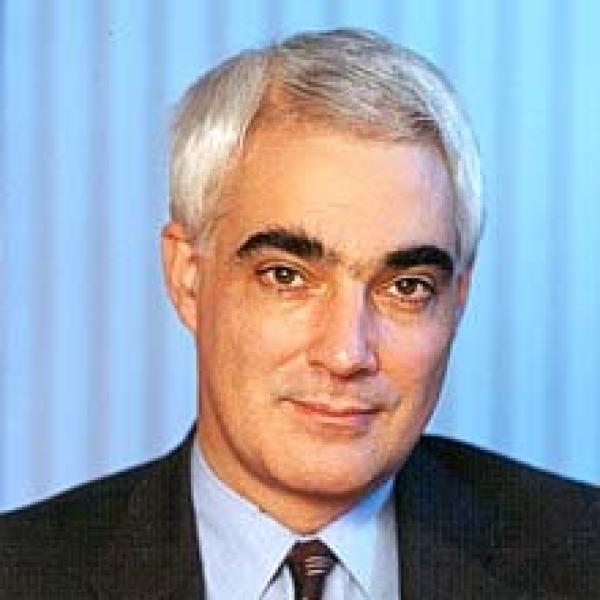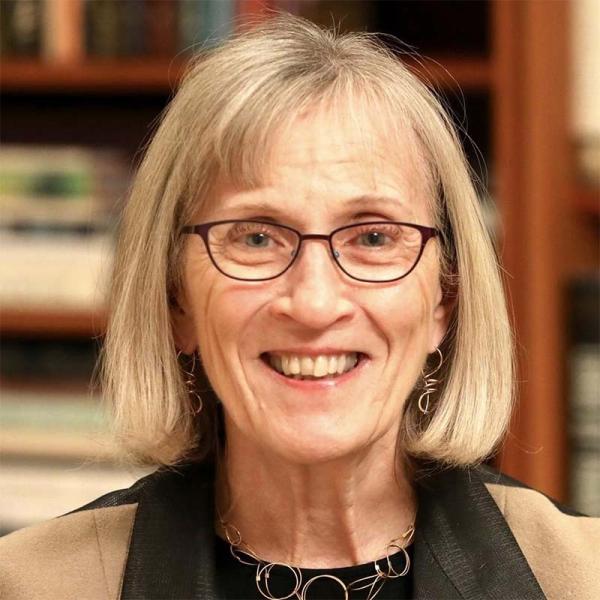The Economic and Social Research Council (ESRC) today announced the renewal of funding for the Centre for the Microeconomic Analysis of Public Policy at the Institute for Fiscal Studies (IFS). Running for five years from this Autumn, the centre will again be led by IFS research director Professor Sir Richard Blundell.
The ESRC awards centres only to support research of the highest academic quality. Underpinning all of the work of the IFS, the centre will provide about 20% of the institute’s funding and its only source of funding secure for anything like five years.
The new centre will carry out empirical economic and econometric research on a wide range of public policy areas including:
- Consumers and markets Using both traditional and behavioural economic techniques this will deepen our understanding of household responses to policy interventions. The work will include cutting edge research on how consumers’ decisions over nutrition, energy use and alcohol consumption can be affected by information, taxation and regulation.
- Inequality, risk and insurance Looking across people’s lifecycles this research will use phenomenal new data resources to understand for example what aspects of education, inheritance and government tax and benefit policy affect inequality both within and between generations.
- Public finances and taxation With a particular focus on the taxation of high earners and multinational companies we will look at risks to the public finances in the coming years. This strand of work will also investigate key determinants of wages and productivity which are themselves fundamental to the health of the economy and the public finances.
Welcoming the announcement Richard Blundell, director of the centre said:
"The ESRC Centre is at the core of IFS, providing the underpinning for the rigorous research on which all good policy analysis must be based. The Centre will tackle some of the key questions facing society in the coming years and will provide the empirical evidence required for improving policy analysis. Misunderstanding the evidence and poor policy design can be hugely costly. Getting the best answers requires careful use of economic analysis applied to the richest available data. Without the ESRC Centre, the IFS could not maintain its preeminent position in the economic policy debate."
Paul Johnson, director of the IFS added:
"The IFS is truly unique in combining world class academic research with an active role in the public policy debate. It is only with support from the ESRC that we are able to do this and that support has been crucial to our success in recent years. The ESRC came to its decision following a hugely, and appropriately, rigorous and competitive application process which resulted in exceptional referees’ reports and recognition of the very high calibre of our proposal. I am delighted that the ESRC has agreed to fund the centre for a further five years, though the reduced real level of their support will make this a challenging period for all of us at the IFS."
Reflecting the esteem in which the IFS is held by some of the world’s leading economists, Professor Jean Tirole, the 2014 Nobel Laureate in Economics, commented: "I have always been a big admirer of IFS. Its non-partisan, microeconomic-research-based analysis of public policies has set the standard for Europe and beyond. I am delighted by the ESRC renewed funding."
Professor James Poterba, Mitsui Professor of Economics at MIT and President of the National Bureau of Economic Research in the USA, adds: "The IFS is one of the leading global research institutes on taxation and expenditure policy. Its high-impact research simultaneously informs policy analysis and pushes back the scientific frontier, a goal to which other institutions aspire but which very few achieve."
The Centre is co-directed by Professor Orazio Attanasio (UCL), Professor James Banks (Manchester), Professor Ian Crawford (Oxford), Professor Rachel Griffith (Manchester) and Professor Imran Rasul (UCL).










